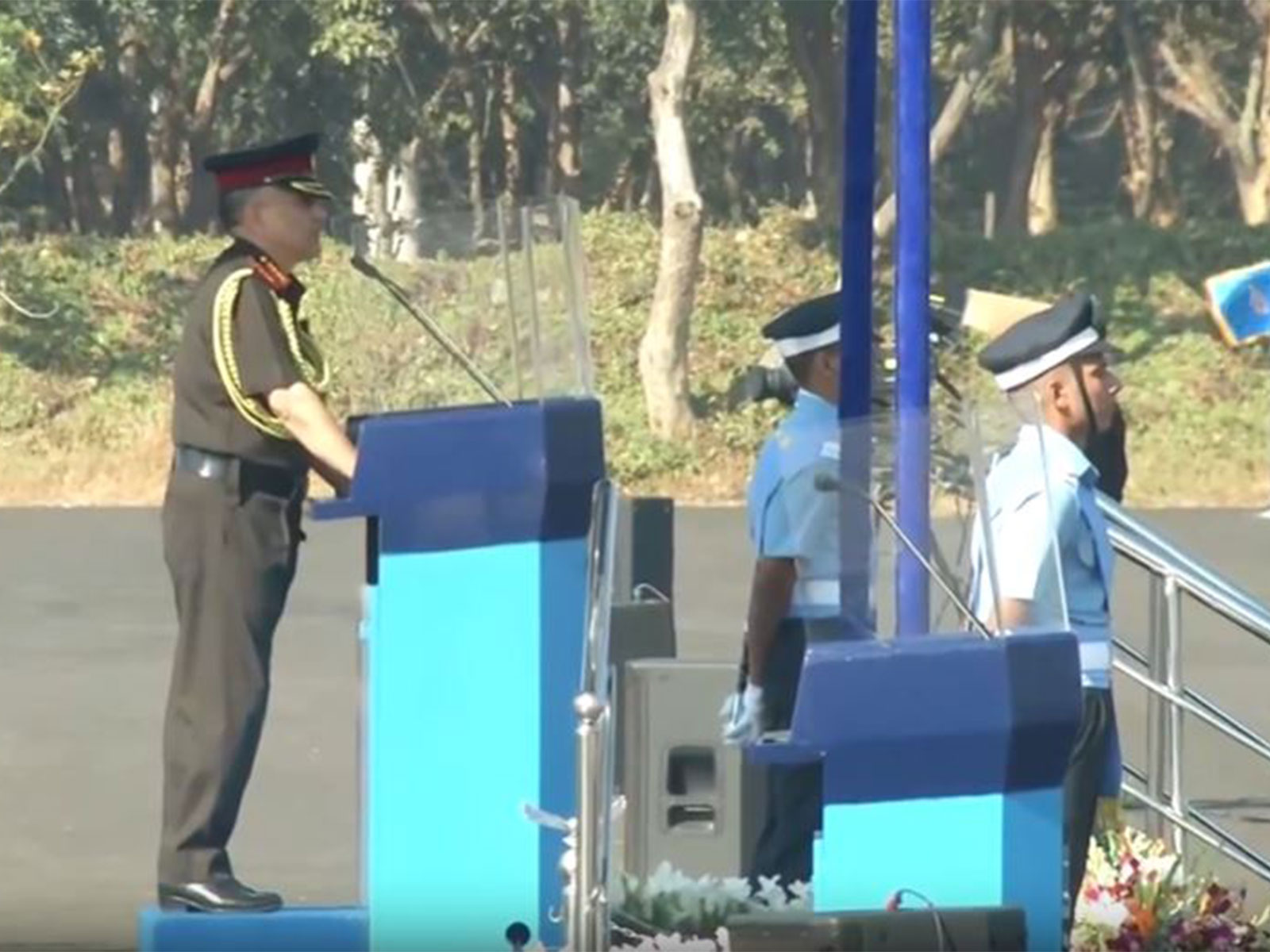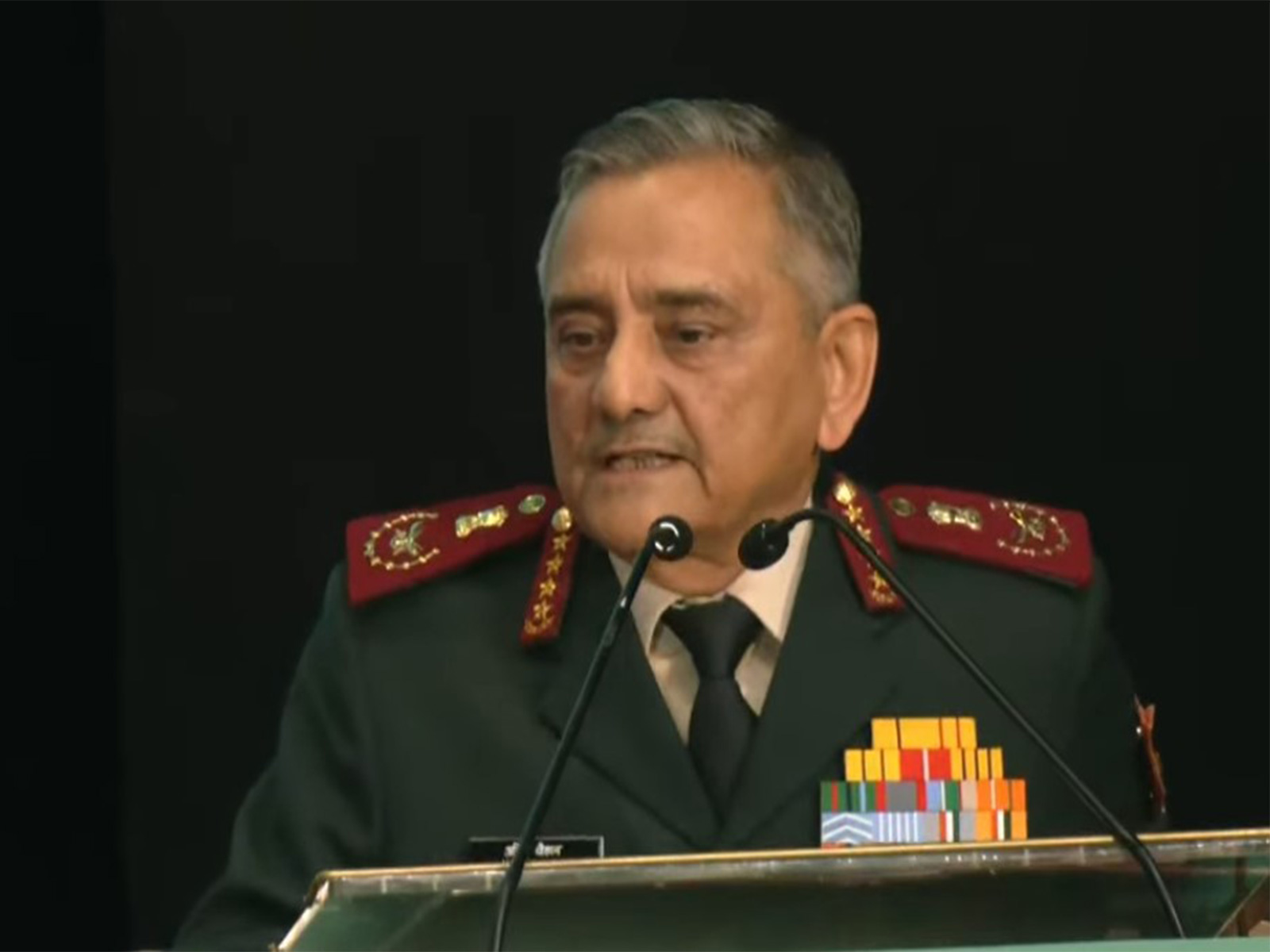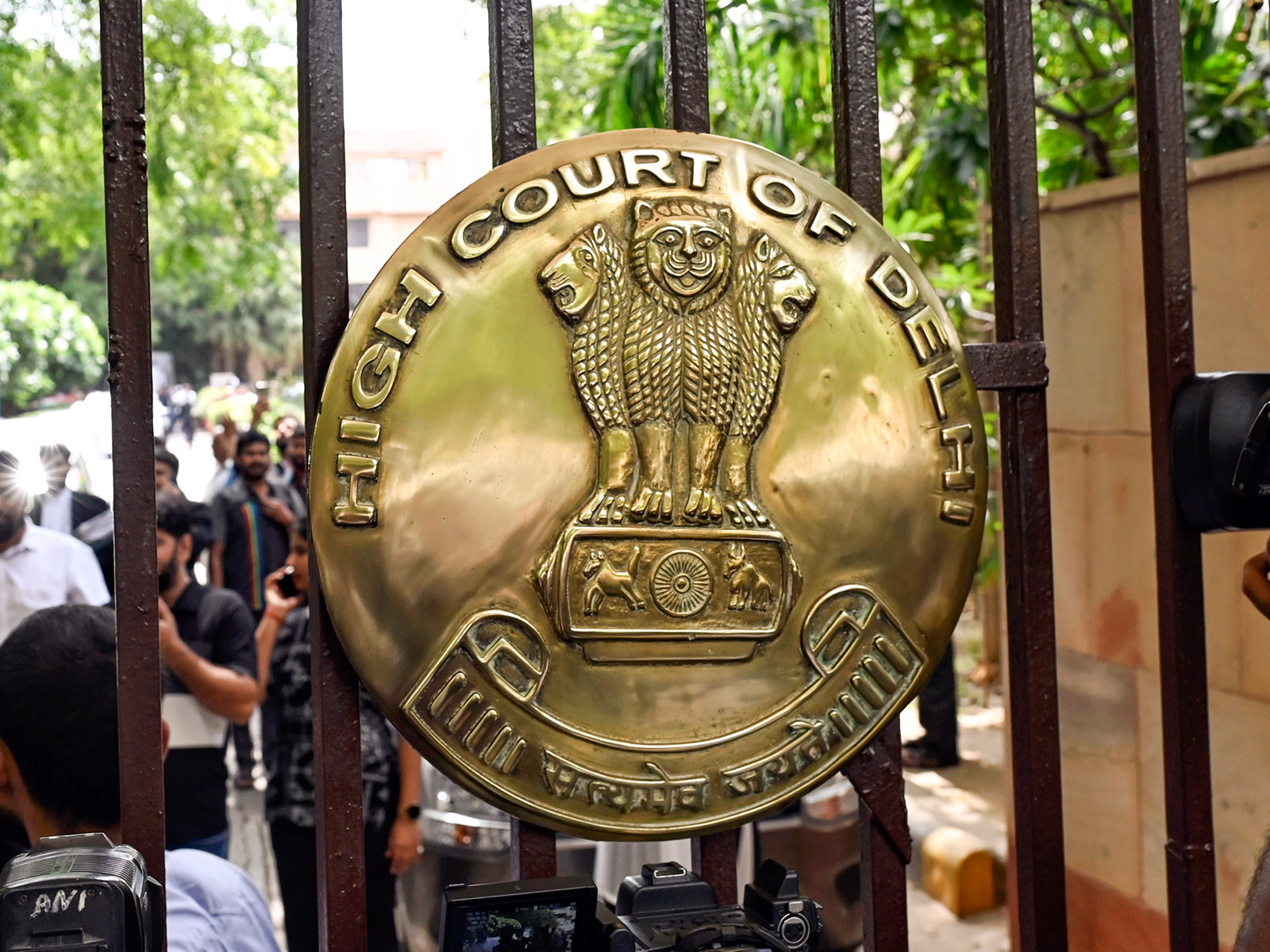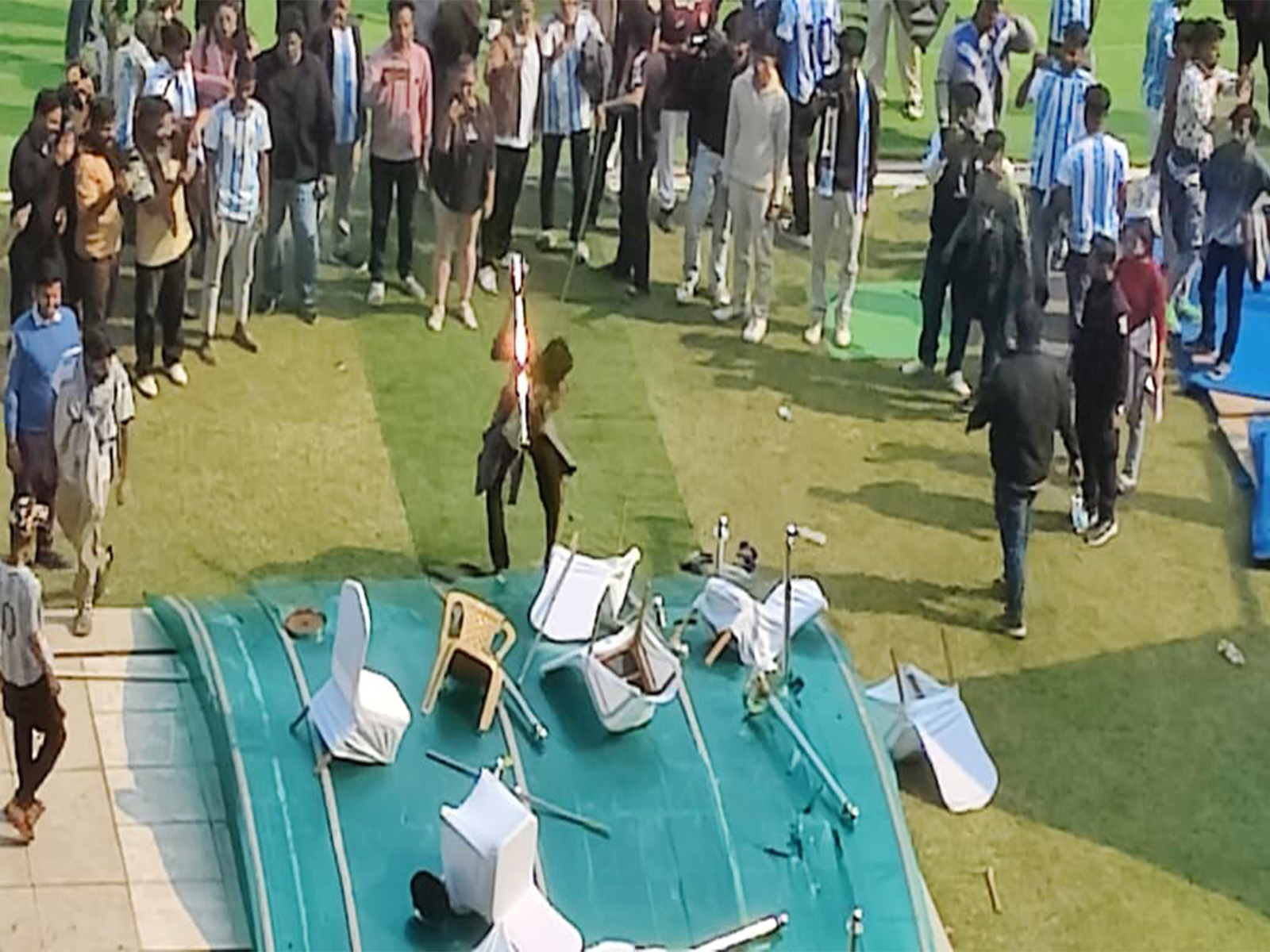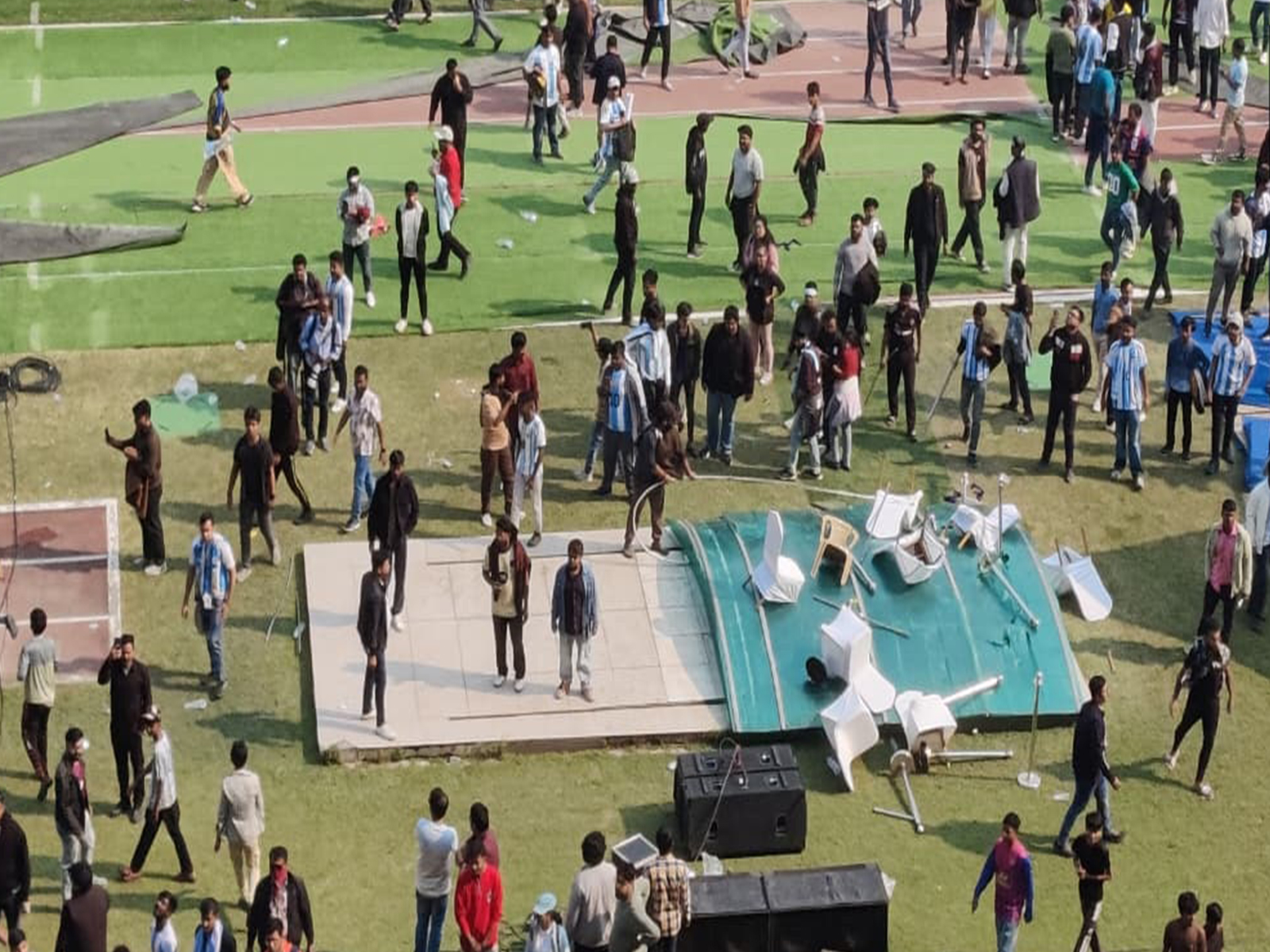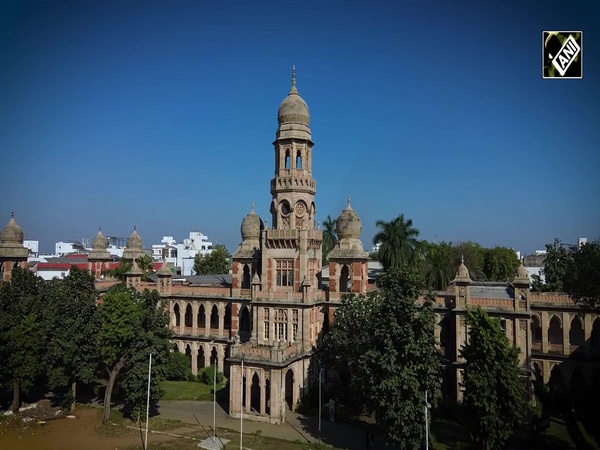India's G20 priorities focus on reformed multilateralism to address 21st-century challenges: Bharati Pravin Pawar
Apr 17, 2023

Goa (Panaji) [India], April 17 : Union Minister of State for Health and Family Welfare Dr Bharati Pravin Pawar on Monday said that India's G20 priorities focus on reformed multilateralism that creates an accountable, inclusive, equitable and representative forum fit for addressing the many challenges in the 21st century.
The Minister reiterated Prime Minister Narendra Modi's message that India's G20 Presidency theme of "One Earth, One Family, One Future" signifies the need for unity of purpose and action and stated that the country is striving to converge ongoing initiatives towards building resilient healthcare delivery systems supplemented with equitable access to vaccines, diagnostics and therapeutics to ensure that no one is left behind.
She noted that there is a need to leverage the momentum of ongoing discussions in the global health field and focus on critical aspects such as collaborative surveillance, community protection, access to medical countermeasures and emergency coordination.
"We cannot be sure of when the next health emergency may hit us. It may not wait for the conclusion of the INB process or the IHR reforms", she said.
The 2nd G20 Health Working Group meeting commenced today in Goa. Dr Bharati Pravin Pawar, Union Minister of State for Health and Family Welfare, delivered the keynote address and Shripad Naik, Union Minister of State for Tourism and Ports & Shipping and Waterways delivered a special address at the inaugural.
She emphasized the need for developing consensus on responding to future health emergency management, network of R&D and manufacturing of vaccines and therapeutics, besides the global medical countermeasure coordination platform.
Highlighting India's progress in promoting Health and Wellness tourism, Shripad Naik noted that the country witnessed more than 1.4 million medical tourists in the past year, making it one of the top destinations for medical tourism.
He also urged delegates to collectively contribute to a more holistic and sustainable approach to global health and appealed that they engage in meaningful discussion on various aspects of the global health architecture.
Union Health Secretary, Rajesh Bhushan, underscored the need to invest in health systems substantially more than in the past through the "One Health" approach in order to reduce the drivers of pandemic risks.
He emphasized continuing with the containment and control of COVID-19 by ensuring the availability of vaccines and therapeutics. He also highlighted that while all aspects of pandemic emergency preparedness and response are important, prevention is usually underfinanced relative to preparedness and response.
Towards this, he stated, "India welcomes the first call for proposal by Pandemic Fund focused on surveillance, lab systems and strengthening public health workforce."
He further emphasised the need for G20 member states to work for interweaving the multiple health initiatives under various multilateral forums like G7, World Bank, Pandemic Fund etc in order to create an agile and fit-for-purpose global health architecture.
Dr V K Paul, Member (Health) of NITI Aayog, Rajesh Bhushan, Union Health Secretary, and other representatives from G20 member countries, special invitee countries, international organizations, forums, and partners were present at the meeting.
The Indonesian and Brazilian Troika members commended the Indian Presidency for underlining health priorities and emphasized the need to accelerate efforts to strengthen the global health architecture and ensure universal health coverage.
S Aparna, Secretary, Dept of Pharmaceuticals; Dr Rajiv Bahl, Secretary, Dept of Health Research and DG, ICMR; and Lav Agarwal, Additional Secretary, Ministry of Health and Family Welfare, senior officers of the Union Government, and other representatives from G20 member countries, special invitee countries, international organisations, forums, and partners were also present at the meeting.

